Note: This is an excerpt from an article that appeared in The Toronto Star on April 9, 2018.
Written by Jesse Beatson and Kylie Sier, PCLS students, Immigration Division
We are concerned about a recent spike in the use of the term “illegal” to characterize asylum seekers crossing the Canada-U.S. border.
One newspaper speaks of “illegal migrants” while others focus on “illegal border crossers.” An editorial from a prominent national paper asks Prime Minister Justin Trudeau to “yield to Tory measures” by tightening the border. Immigration Minister Ahmed Hussen recently said that he has “no qualms about using the term [illegal].” As MPs Jenny Kwan and Gary Anandasangaree have both argued, word choice is important and the term “illegal” is harmful.
“Irregular” is used by the Immigration and Refugee Board of Canada to describe border crossings “between ports of entry.” This is not about people trying to sneak across the border undetected, but about the right to seek asylum from persecution. The Universal Declaration of Human Rightsprotects this right. Importantly, the 1951 Refugee Conventionand the 1967 Protocol, to which Canada is a signatory and which are incorporated into Canadian law, both recognize that refugee claimants should not be penalized for irregular entry to seek refuge.
Many news pieces that talk about “illegal migrants” or “illegal border crossing” fail to mention an important context – the Safe Third Country Agreement (STCA) with the United States. The agreement, which came into effect in 2004, requires Canada to send refugees back to the U.S. if they come to an official port of entry in all but a few circumstances. This agreement only applies to refugee claims made at official border points, and is premised on the assumption that the U.S. is a country that protects the rights of refugee claimants. Given the current Trump administration’s anti-refugee and anti-Muslim policies, there is good reason to think the U.S. is not currently a safe place of return.
